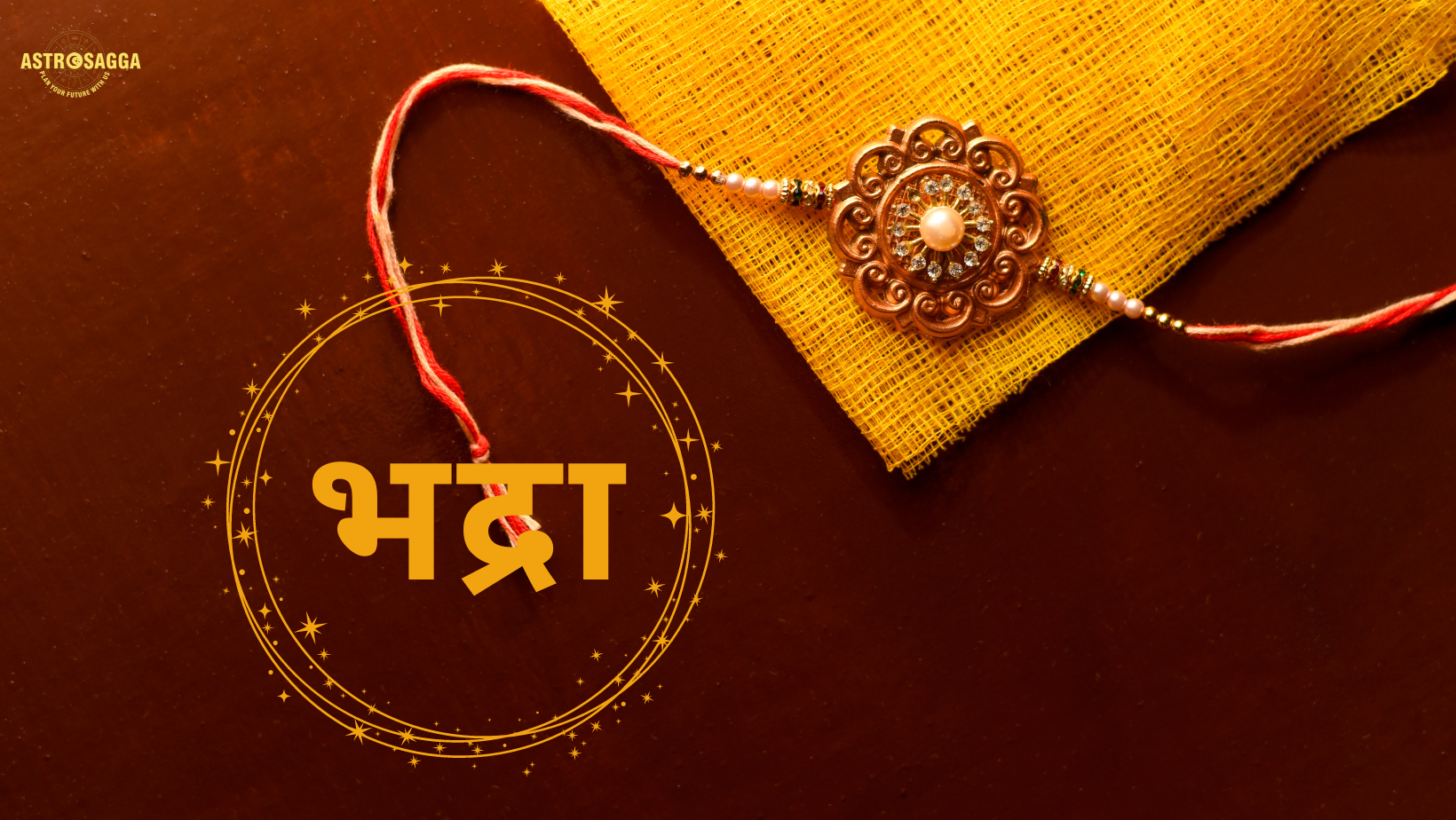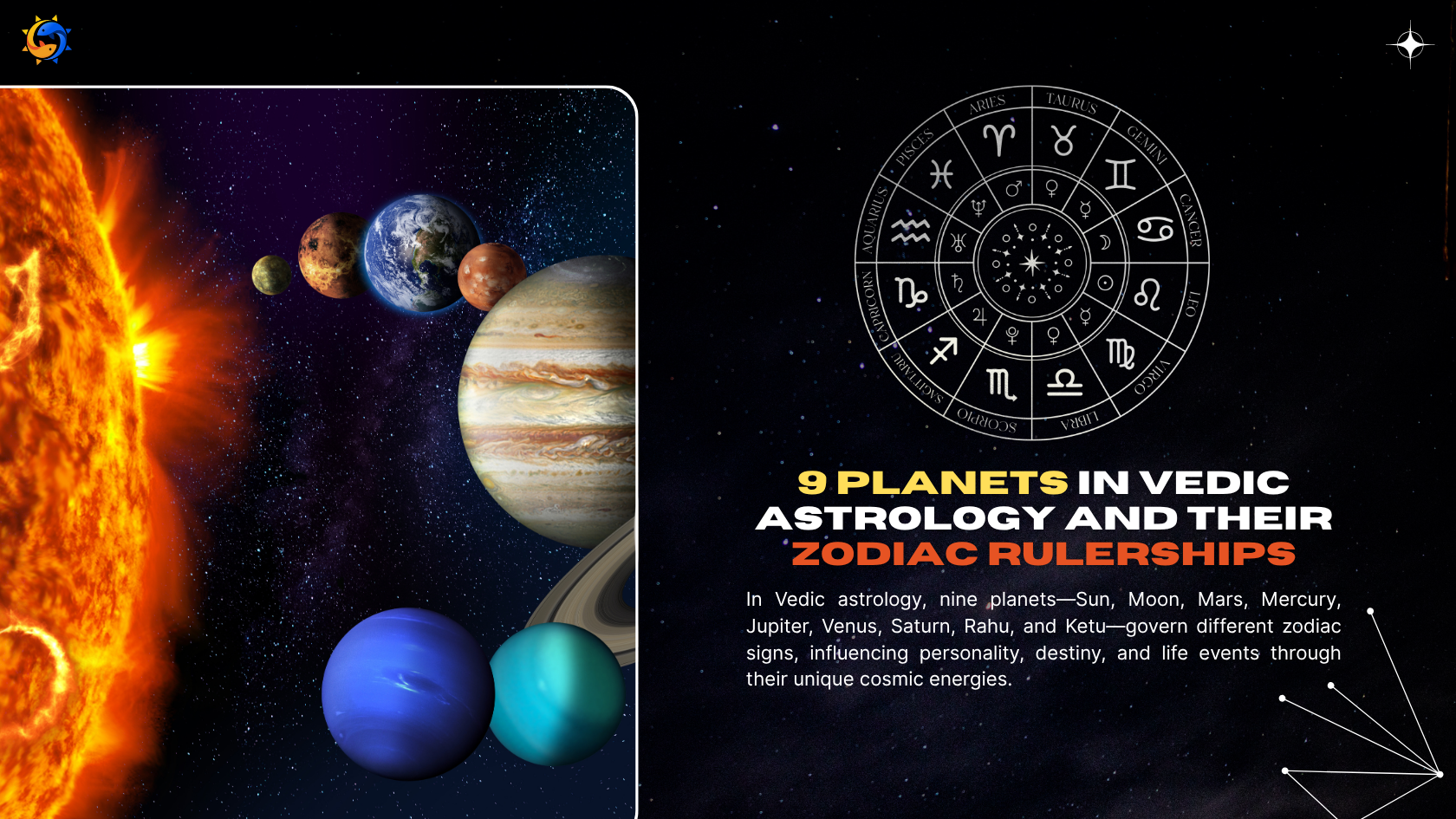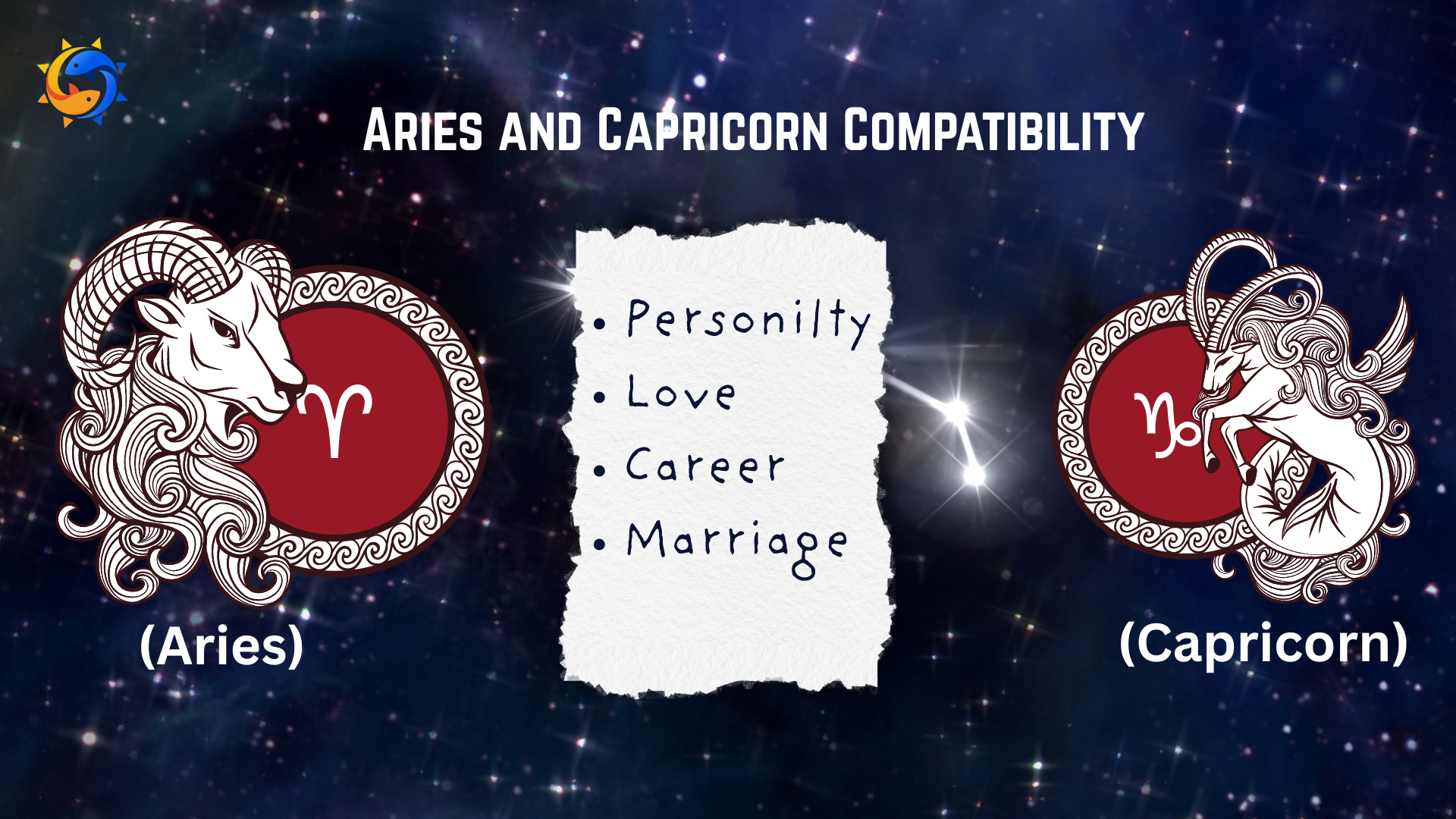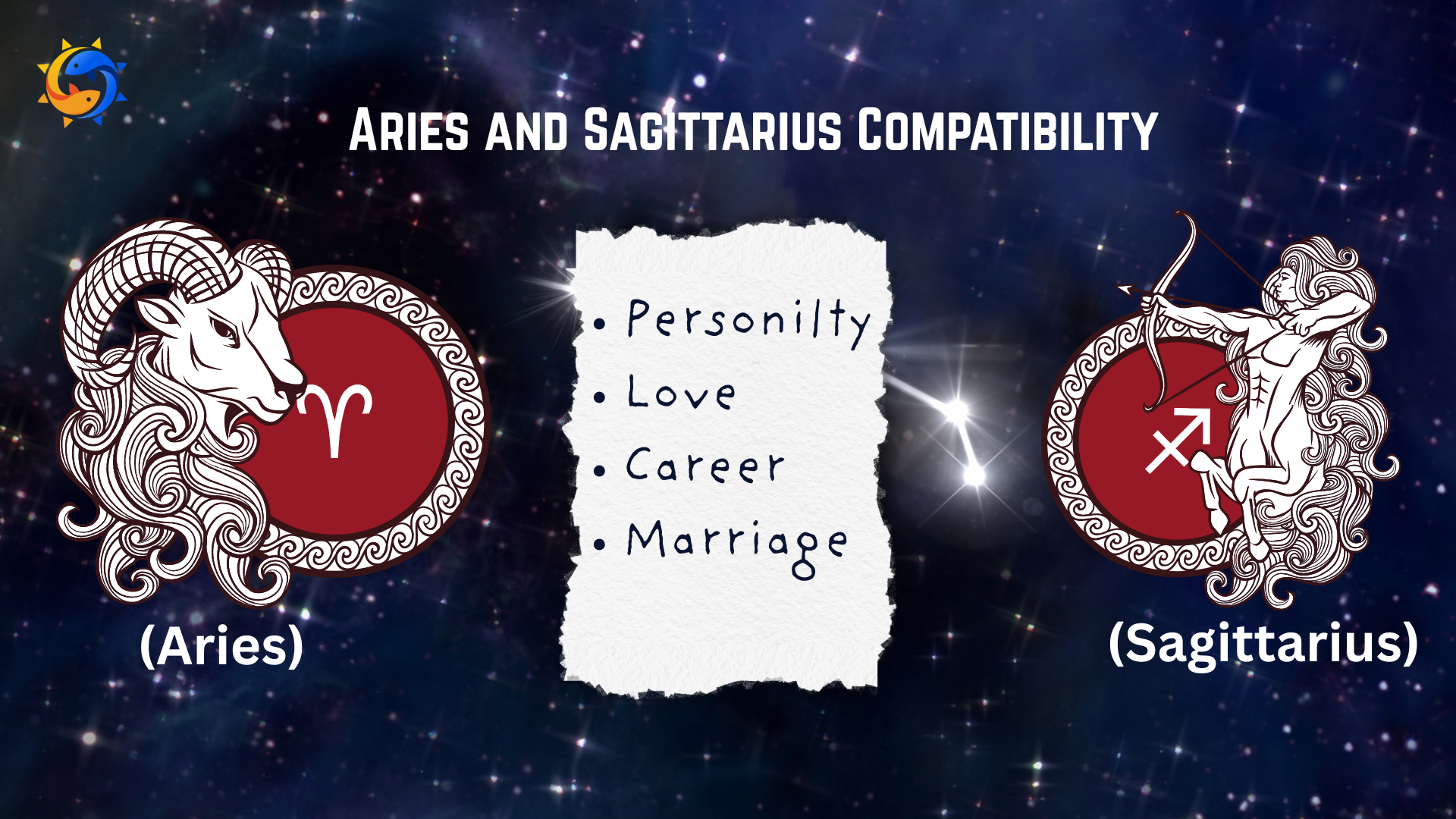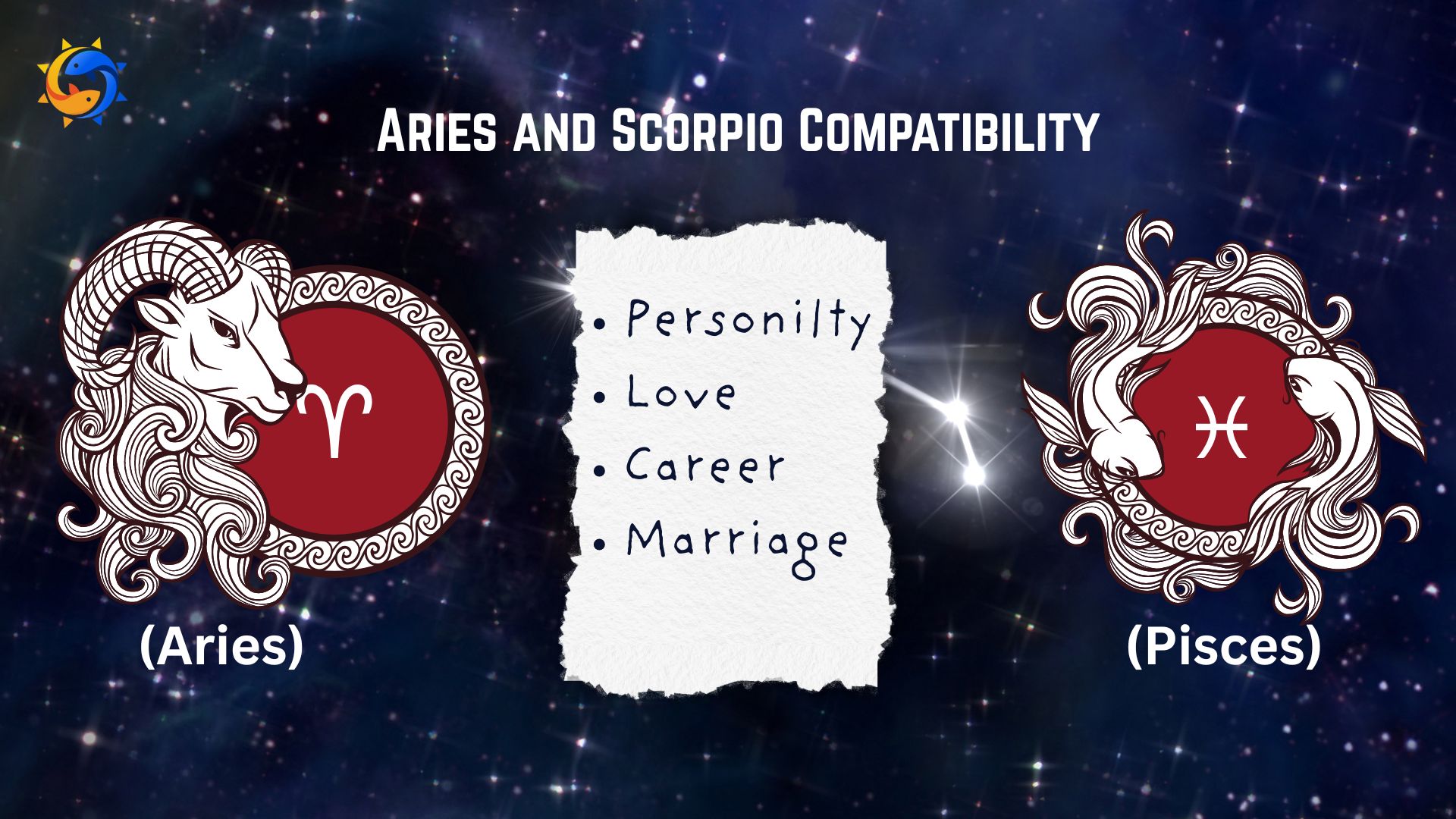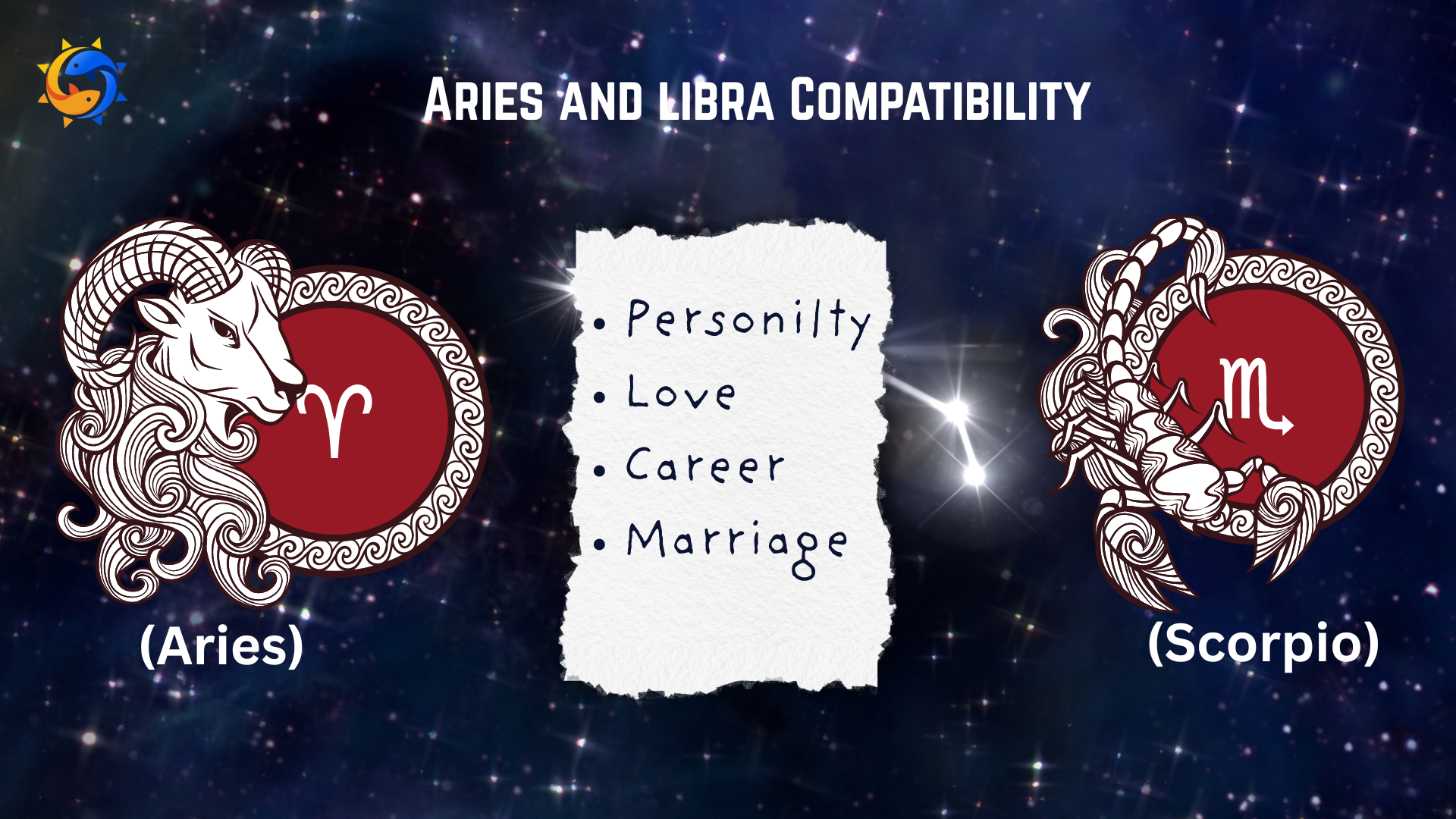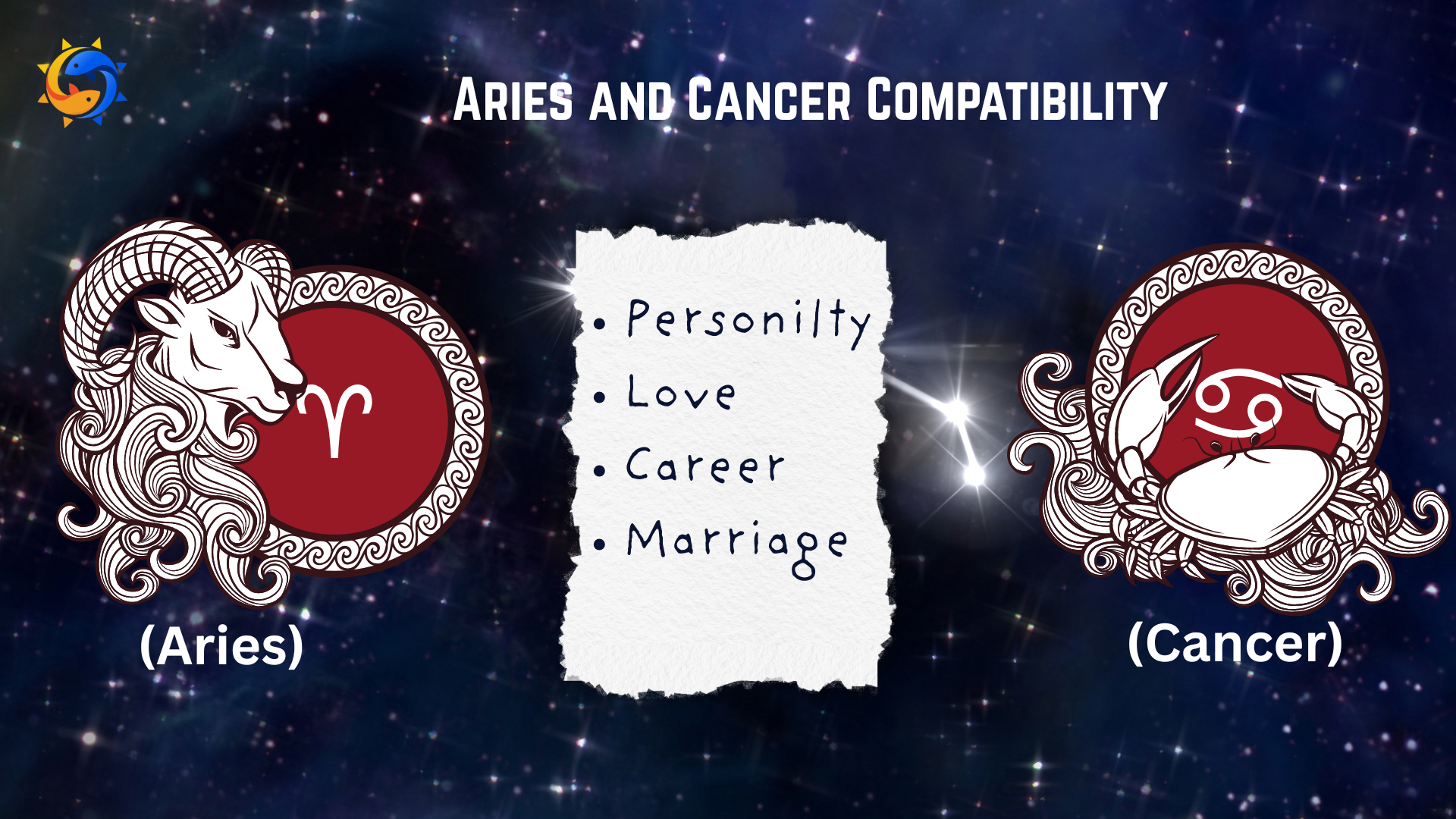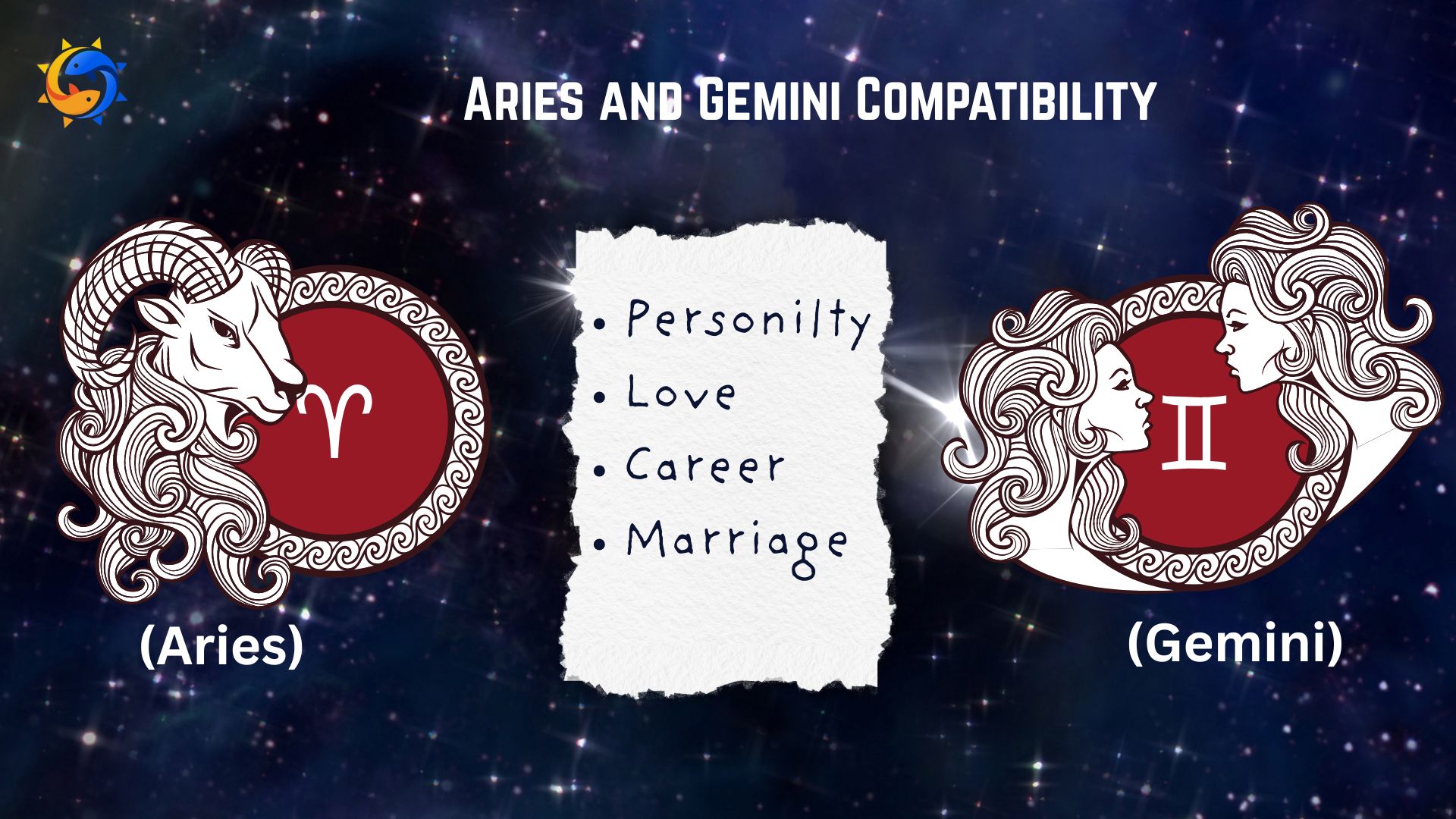Raksha Bandhan, the festival celebrating the sacred bond between brothers and sisters, is one of the most cherished occasions in Hindu culture. However, there is a specific time frame that is considered inauspicious for tying the Rakhi, known as Bhadra Kaal. This period, ruled by the fierce goddess Bhadra, is believed to bring negative energy and is therefore avoided during Raksha Bandhan celebrations. In 2024, understanding the significance of Bhadra and her impact on the festivities is crucial for observing the festival at the most auspicious time.
Understanding Bhadra: The sacred Context
In Hindu Scriptures, Bhadra is a significant but lesser-known figure. She is the daughter of Surya (the Sun God) and Chhaya, and the sister of Shani (Saturn), Yamraj (the God of Death), and Yamuna (the river goddess). Bhadra is known for her fierce and fiery nature, which often brings about inauspicious results.
According to ancient texts, Bhadra’s temperament was so intense and destructive that the gods themselves decided she should not be present during any auspicious or sacred events. This led to the belief that any ritual performed during Bhadra Kaal, the period when Bhadra's influence is strongest, would result in misfortune.
Bhadra's presence during this time is said to disrupt the positive energy of rituals, making it crucial to avoid her influence, especially during important festivals like Raksha Bandhan.
The Significance of Raksha Bandhan
Raksha Bandhan is celebrated on the full moon day (Purnima) of the Shravan month, according to the Hindu calendar. On this day, sisters tie a Rakhi around their brothers’ wrists, symbolizing love, protection, and the strengthening of their bond. In return, brothers vow to protect their sisters and often give them gifts as a token of their love.
The rituals of Raksha Bandhan are deeply rooted in tradition, and choosing the right time (Muhurta) is essential to ensure that the rituals are performed in the most auspicious manner.
Why Bhadra Kaal is Avoided on Raksha Bandhan
Bhadra Kaal is considered highly inauspicious for conducting any sacred ritual, including tying the Rakhi. According to Hindu astrology, Bhadra Kaal is the period when Bhadra's fierce energy is at its peak. Tying a Rakhi during this time is believed to invite misfortune and hinder the protective and auspicious qualities of the ritual.
The avoidance of Bhadra Kaal during Raksha Bandhan is not just a matter of tradition but is also backed by astrological calculations. The Panchang (Hindu calendar) provides detailed information about the timings of Bhadra Kaal, and it is strictly followed by those observing the festival.
Read Also - Raksha Bandhan 2024: Date, Muhurat, and Celebrations
Raksha Bandhan 2024: Date and Timings
In 2024, Raksha Bandhan falls on Monday, August 19. However, Bhadra Kaal is present on this day, and the Rakhi should not be tied during this inauspicious period. Here are the key timings for Raksha Bandhan 2024:
Bhadra Timing: 03:05 AM - 01:32 PM
Raksha Bandhan Muhurat: 01:46 PM - 04:19 PM and 06:52 PM - 09:07 PM
Raksha Bandhan Aparahan Time: 01:46 PM - 04:19 PM
Raksha Bandhan Pradosha Time: 06:52 PM - 09:07 PM
Given these timings, it is advisable to perform the Rakhi-tying ceremony after Bhadra Kaal ends at 01:32 PM. The most auspicious time to tie the Rakhi would be during the Muhurat times from 01:46 PM to 04:19 PM (Aparahan) or from 06:52 PM to 09:07 PM (Pradosha). This ensures that the rituals are conducted during a time that is considered auspicious and free from any negative influences.
What to Do If You Miss the Auspicious Time?
If, for any reason, you are unable to tie the Rakhi during the recommended Muhurat times, it is better to wait until the next day rather than perform the ritual during the inauspicious period. The essence of Raksha Bandhan lies in the love and protection symbolized by the Rakhi, and it is important to honor these sentiments by following the appropriate rituals.
Conclusion
Raksha Bandhan is a celebration of love, trust, and protection between siblings. However, the presence of Bhadra Kaal on the same day as the festival adds a layer of caution to the rituals. By understanding the significance of Bhadra and the reasons for avoiding Bhadra Kaal, you can ensure that your Raksha Bandhan celebrations in 2024 are filled with positivity and blessings.
Mark your calendars and plan your festivities accordingly, ensuring that the Rakhi is tied during the most auspicious time to uphold the sacred bond between brothers and sisters.


